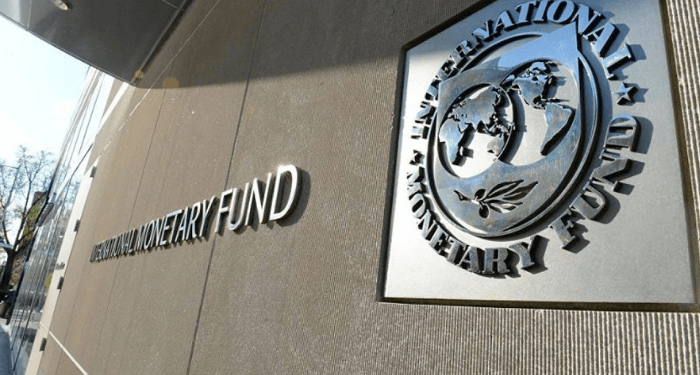IMF, Somalia Reach Staff-Level Agreement on Fourth ECF Review, Seek Augmentation Amid Aid Cuts
The International Monetary Fund (IMF) has reached a staff-level agreement with Somali authorities on the fourth review under the country’s Extended Credit Facility (ECF) arrangement, paving the way for the disbursement of fresh funds subject to Executive Board approval.
The IMF mission, led by Ran Bi, held discussions with the Somali authorities headed by Finance Minister Bihi Egeh from September 16 to October 8, 2025. The agreement, once approved by the IMF Board, will enable Somalia to access SDR 22.5 million (approximately US$30 million), bringing total disbursements under the ECF to about US$100 million.
The Fund noted that the Somali government has requested an augmentation of access under the arrangement—SDR 30 million (US$40 million)—to help offset the impact of foreign aid cuts and sustain reform efforts. The additional funding will be disbursed equally following the completion of the fourth and fifth reviews.
“I am pleased to announce that the Somali authorities and the IMF team have reached a staff-level agreement on policies to complete the fourth review under the ECF arrangement approved in December 2023,” said Ms. Bi. “The authorities have remained steadfast in implementing fiscal and structural reforms despite a challenging macroeconomic environment.”
Growth Outlook Weakens Amid Aid Disruptions and Weather Shocks
Following a robust 4.1% GDP growth in 2024, the IMF projects Somalia’s economic growth to slow to 3% in 2025 and 3.3% in 2026, citing foreign aid reductions and adverse weather conditions. Inflation is forecast to remain stable at around 3.5%, though food price pressures are expected to persist.
The Fund warned that downside risks—particularly from prolonged aid disruptions and climate shocks—continue to dominate the short-term outlook and could further dampen growth prospects.
Fiscal Discipline and Revenue Mobilization Maintained
Despite external headwinds, the IMF commended Somali authorities for maintaining fiscal discipline and achieving robust domestic revenue performance. Income tax collections have strengthened following the enactment of a new tax law, while expenditures have remained within program targets.
The overall fiscal deficit is expected to close at 0.3% of GDP in 2025, with the 2026 budget designed to continue fiscal prudence while allocating additional resources for security, elections, and social spending to cushion the impact of aid cuts. The Fund projects a 2026 fiscal deficit of about 0.75% of GDP.
Progress on Structural and Monetary Reforms
The IMF mission highlighted steady progress in customs modernization, tax administration, and public financial management. Authorities are also advancing reforms in the extractive sector to enhance transparency and accountability.
The Central Bank of Somalia (CBS) has continued strengthening its institutional capacity, regulatory framework, and anti-money laundering (AML/CFT) regime, while preparing for the planned currency exchange and currency board arrangement.
Need for Continued International Support
The Fund emphasized that continued financial and technical assistance from multilateral and bilateral partners remains critical to sustain Somalia’s reform agenda amid heightened uncertainty and external vulnerabilities.
“The mission extends its appreciation to the Somali authorities, development partners, and private sector representatives for their constructive engagement,” the IMF said in its concluding statement.








